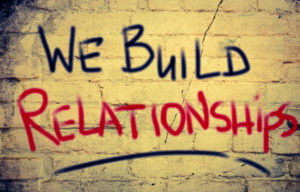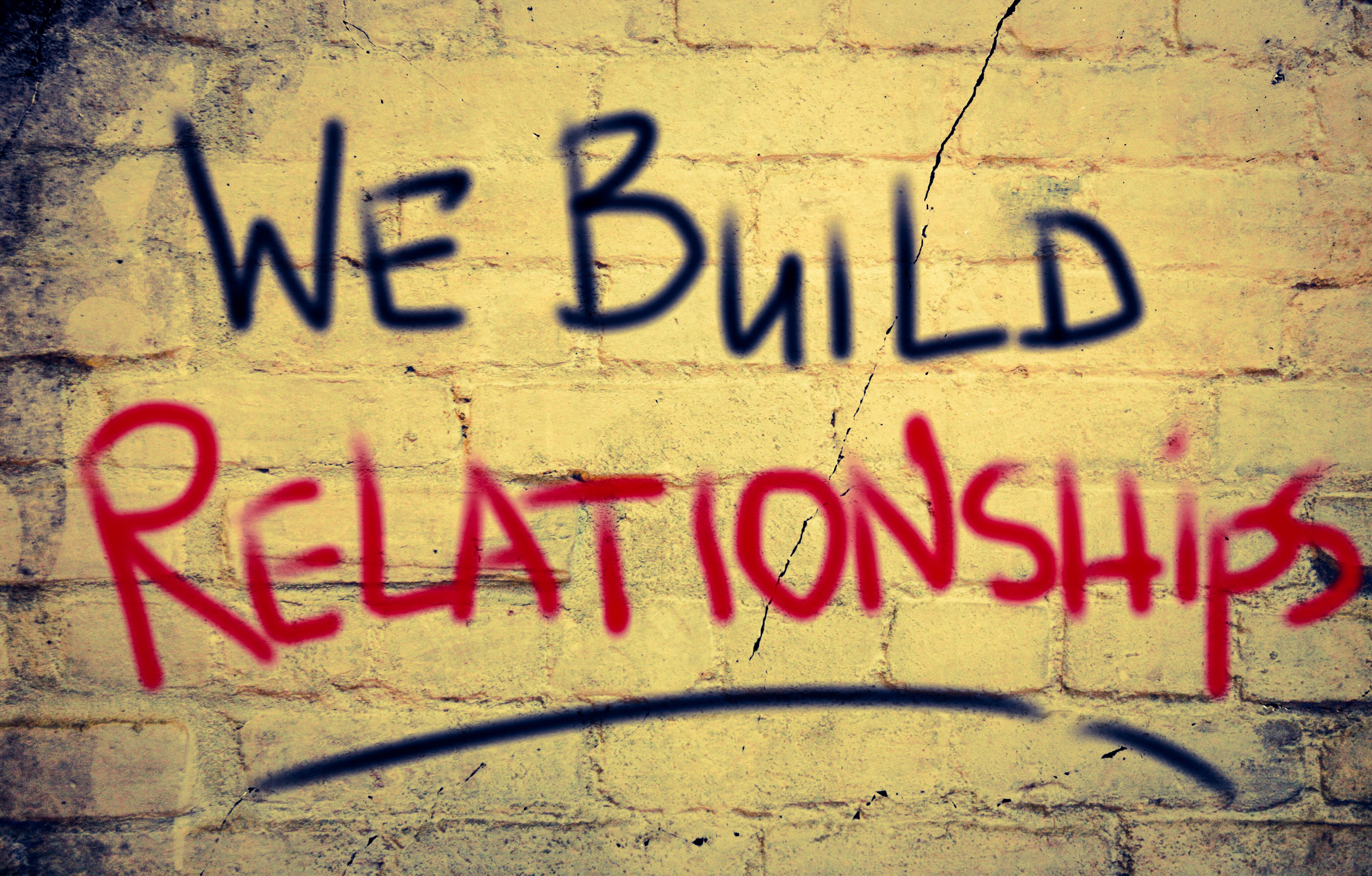
If you have ever gone selling door to door, you have probably seen it. The all-inclusive, no loophole, get-off-my-front-porch no soliciting sign: “We have found Jesus, We’re too broke to buy anything, We know who we’re voting for” (occasionally inscribed with the additional generous caveat, “Unless you are selling Girl Scout cookies”).
And let’s face it. Who doesn’t shrink back from the sight of two stony-faced strangers brandishing an armload of pamphlets and a pen? The reason is obvious—we feel like children about to be force-fed spinach by a well-meaning aunt. It doesn’t much matter whether we like spinach or not. Delivered in this manner, we are bound to turn up our noses.
But we might ask ourselves, why is the Girl Scout immune from such censure? Of course we like the cookies. But it’s not really about the cookies. If a forty year old dreadlocked man came taking orders for cookies, we probably would not buy them.
 The Girl Scout is a person, not an entity—someone we know and trust. If we want to sell, we have to make sure that we are a person, not a walking billboard. We have to form relationships with people. We have to listen to their side of the story, understand where they are coming from, and understand if we can help them before we tell them what we have to offer. And there are many reasons to do this.
The Girl Scout is a person, not an entity—someone we know and trust. If we want to sell, we have to make sure that we are a person, not a walking billboard. We have to form relationships with people. We have to listen to their side of the story, understand where they are coming from, and understand if we can help them before we tell them what we have to offer. And there are many reasons to do this.
The first is the opportunity to care. People are not only in business for the money; they are in it for the meaning. And when we get to understand the problems and needs of our customers, we can rejoice in their resolution. This gives us a reason to work. And it also gives us the insight to realize when we are not the solution our customers need. It is detrimental to our reputation and our morale to take on problems we cannot fix.
The second is the opportunity to learn. We might have a good product, but it can always be improved. When we have an insight into our clients’ lives, we can sculpt our product to meet those needs. Without that feedback, it’s a stab in the dark.
The third is loyalty. Without a relationship, people use a product only as long as it is the most convenient product to use. But when they trust someone, they can use it indefinitely. Are Girl Scout cookies really that good? No—but we buy them every year because we know and expect them; people drive an hour out of their way to visit the doctor or accountant they know and trust.
And finally, there is the benefit of word of mouth. It takes a long time to build real relationships from scratch. But when we become part of someone’s social network, we immediately gain the trust of all their family and friends as well. This completely effortless form of advertising will do more good than hours of going door to door and stacks of pamphlets.
It is called relationship selling. You have this. Everyone knows how to build relationships. The good news is selling this way feels really good. It is easy. And yes, it takes time. Don’t take relationship-building shortcuts when you sell, they will cost you hard dollars.
If we want to be seen as a person, we have to see our customers as people, too. And when we do this, we might discover that our customers actually do like spinach. They are just waiting for someone to ask how they feel about it before plopping it onto their dinner plate.


Leave a Reply